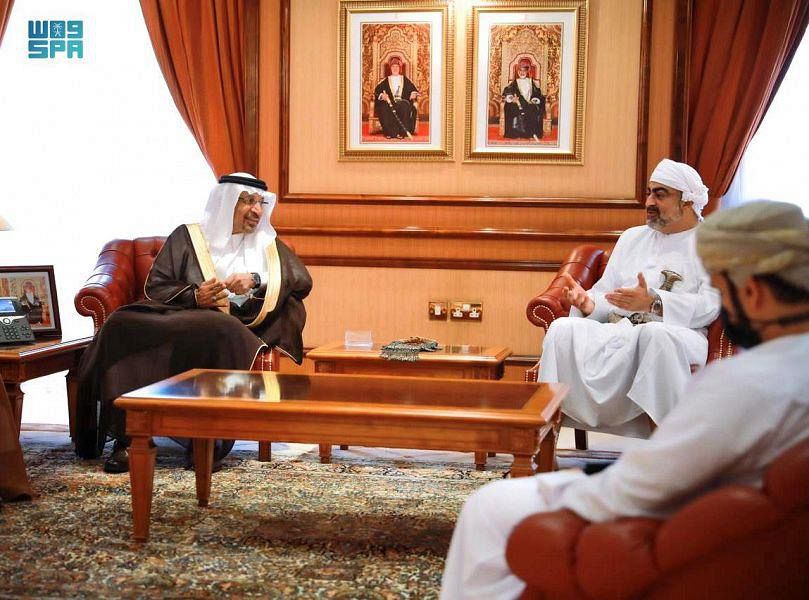
England’s exam regulator Ofqual was riven by uncertainty and in-fighting with the Department for Education before this year’s A-level and GCSE results, with the government publishing new policies in the middle of an Ofqual board meeting that had been called to discuss them.
Minutes of Ofqual’s board meetings reveal the regulator was aware that its process for assessing A-level and GCSE grades was unreliable before results were published, even as Ofqual was publicly portraying its methods as reliable and fair.
The minutes also show repeated interventions by the education secretary, Gavin Williamson, and the DfE, with the two bodies clashing over Williamson’s demand that Ofqual allow pupils to use the results of mock exams as grounds for appeal against their official grades.
Ofqual’s board held 23 emergency meetings from April onwards. As the publication of A-level results on 13 August drew near the board met in marathon sessions, some running until late at night, as controversy erupted over the grades awarded by its statistical model being used to replace exams.
Williamson wanted the regulator to allow much wider grounds for appeal, and on 11 August Ofqual’s board heard that the education secretary had suggested pupils should instead be awarded their school-assessed grades or be allowed to use mock exam results if they were higher.
Ofqual offered to replace its grades with “unregulated” unofficial result certificates based on school or exam centre assessments, but that was rejected by Williamson.
Negotiations over the use of mock exams continued into the evening of 11 August. In the middle of the day’s second emergency meeting the board discovered that the DfE had gone over its head with an announcement that “was widely reported in the media while this meeting was still in session”. The meeting ended close to midnight.
During the controversy, Ofqual published and then abruptly retracted policies on the use of mock exam grades the weekend after A-level results were published, with three separate emergency meetings held that Sunday. Shortly after, Ofqual backed down and scrapped its grades in favour of those assessed by schools for both A-levels and GCSEs.
The minutes show that Ofqual had serious doubts about the statistical process it used to award grades, with a meeting on 4 August hearing that the board was “very concerned about the prospect of some students, in particular so-called outliers, being awarded unreliable results”.
The board’s members “accepted reluctantly that there was no valid and defensible way to deal with this pre-results”.
But despite the board’s doubts, Ofqual officials continued to insist in public that its results would be reliable.
Roger Taylor, the Ofqual chair, wrote in a newspaper article on 9 August that “students will get the best estimate that can be made of the grade they would have achieved if exams had gone ahead.” Ofqual also issued a statement on 10 August saying it wanted to “reassure students that the arrangements in place this summer are the fairest possible”.
Separate details of meetings held between the DfE and Ofqual – obtained under a freedom of information request by Schools Week – show that Williamson met Ofqual twice in the two days before A-level results came out.
Williamson held 10 meetings with Ofqual to discuss the 2020 results from March until A-levels were published on 13 August, while the schools minister, Nick Gibb, attended 16 meetings.
The records also show that DfE officials held 55 meetings with Ofqual specifically to discuss the summer’s exam results.












